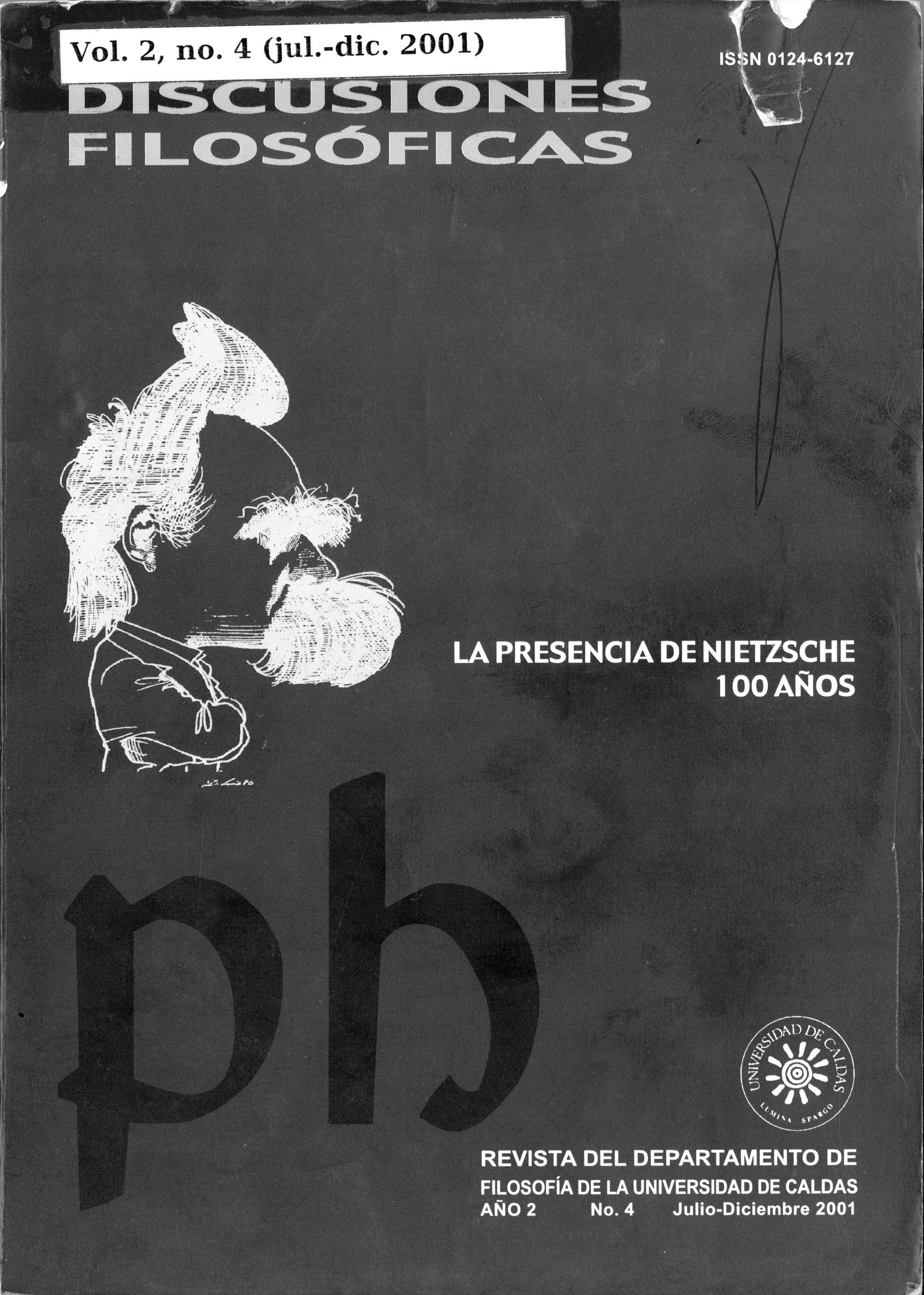Authors
Abstract
Abstarct: Nietzsche asks for "the advantages of the moral Christian hypothesis". Such a hypothesis protects against the worst nihilism, that of revenge, and prevents man from perishing, from self-annihilation. Thus, Nietzsche says, it is good for preservation. Morality, however, is an extreme hypothesis against nihilism beyond which is that which is belief. Belief in this nullity is the ultimate sing of morality. What is last is that which is the most enduring and so it has its own name: the last man having, in turn, his own name: herd. The "moral Christian hypothesis" leads one to live expecting something which is never given. Our logic, nevertheless, pretends to take a further step, probably the last one. Our existence is made up of empty time. Let us figure out its eternal return. There is not a greater nihilism; the eternal return is voice of the perfect nihilism. In its nihilist sense, the eternal return is a belief. It belongs to the end of the world who is compelled to think so. He believes in the absurdity and, even more, in his eternal return. The alliance between nihilism and eternal return is definite.

 PDF (Español)
PDF (Español)
 FLIP
FLIP
























